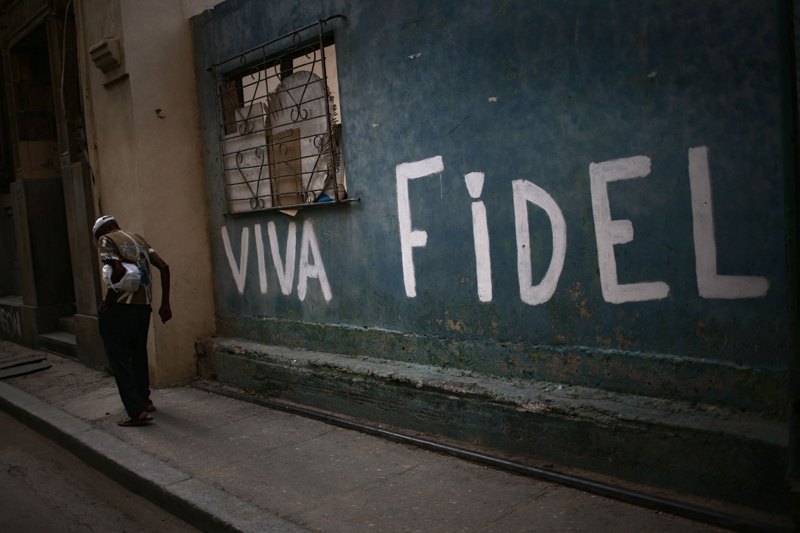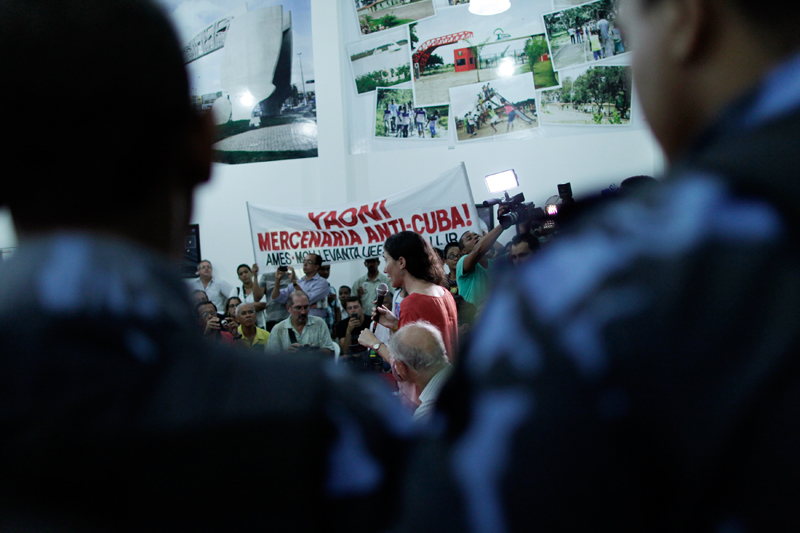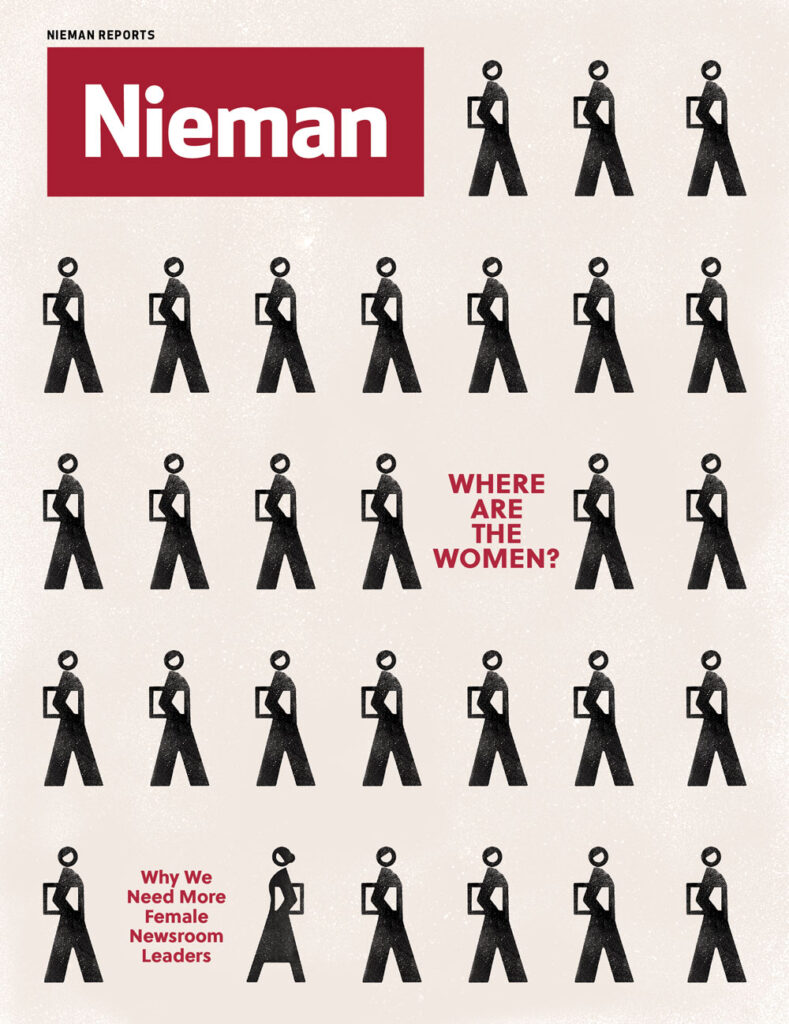In Cuba, it’s called “D-Day”—that hypothetical future date on which the Castro regime falls. D-Day is a date long-awaited by broad sectors of the population, the Cuban diaspora, media outlets around the world, and foreign correspondents based on the island, who want to be there to report the story firsthand.
However, given government controls and the lack of laws that protect freedom of the press, reporting on any story on the island, let alone D-Day, is complicated. In Cuba, there are at least four species of journalists: foreign correspondents based on the island, official journalists, independent journalists, and citizen journalists. Each occupies a unique niche in Cuba’s journalism ecosystem, and each faces a slightly different set of challenges.
The International Press Center (IPC), which registers and monitors non-Cuban journalists who live on the island, exerts control over foreign media in a variety of subtle and not so subtle ways. Reporters who write pieces that displease the IPC are summoned to its offices for a scolding. Foreign media that do not comply with IPC limits may end up losing accreditation, as happened in 2011 to Mauricio Vicent, the El País correspondent who had his residence visa withdrawn. So much for reporting on D-Day.
Once a foreign correspondent settles on the island, gets married, and has a family, his or her objectivity begins to be tested. The intelligence agencies know how to cause pain or put pressure on a loved one to temper criticism. It offers perks to incentivize journalists to stay away from thorny issues. Foreign agencies have exchanged objectivity and journalistic freedom to keep their correspondents in place. The result has been timid journalism, complacent in many cases and fearful of getting in trouble. The government has managed to domesticate these journalists, save for a few honorable exceptions, so much so that popular phraseology sometimes refers to them not as “foreign correspondents” (corresponsales extranjeros) but instead as “co-responsible foreigners” (co-responsables extranjeros).
Cuba’s “official” journalists, those who work for state-run outlets, are lucky to be practicing at a time when the national media is attempting to better reflect social problems. Official journalism is living through a tentative glasnost, an attempt at informational transparency. The same power that contributed to the creation of newspapers that only praised the regime now insists on applauding its critics. But it isn’t quite that simple.
The original sin of the official press is that it is not the press at all, but rather a propaganda unit. The official press is structured so that nothing escapes into the headlines or the microphones or the cameras that has not been previously inspected. Official outlets are financed entirely by the government, which defines the editorial line. These organizations do not generate enough revenue to cover their print runs or broadcasts, hence the need for government subsidies. All Cubans sustain the Granma and Juventud Rebelde newspapers, the Cubavisión TV channel, and the Radio Reloj broadcasts, whether we like them or not.

Cuba has one of the most sophisticated methods of information supervision in the world, and official journalists have to contend with at least three strong censorship mechanisms. At the height of this architecture of control is the Department of Revolutionary Orientation (DOR). The DOR analyzes and classifies all journalistic content and also monitors certain themes and authors. The DOR is responsible for drawing up a “thematic plan” that determines when specific topics reach the Cuban press and for how long and at what level of intensity they are covered. Right now, for example, the development of the Port of Mariel is a hot topic.
The editors of official news agencies are required to meet regularly with “the comrades of the DOR” to ensure that the schedule of topics is followed. Newspaper editors and heads of special pages can only be appointed with the approval of the DOR. The journalism program at the University of Havana also receives direct attention from the DOR, which controls its curricula and intervenes in the selection of new students.
Ministers running state institutions impose a second mechanism of control. The disclosure departments of these entities work to “encourage” journalists to do stories on specific subjects. Only with the authorization of these state institutions can correspondents get access to press conferences, offices, factories, farms, or schools. Journalists working within a specific sector—agriculture, public health, or education, for example—receive periodic evaluations from the relevant institutions. Good evaluations mean better salaries, promotions and even possible honors. This mechanism has created the jingoistic “everything is perfect” kind of journalism that has done so much damage to Cuban society.
The third mechanism of control produces fear whenever its name is mentioned: the Ministry of the Interior. Every daily newspaper, radio station, and television channel has on staff one or more persons hired to investigate troublesome journalists and the personal activities of every writer, photographer, and graphic designer. They also watch what is said in the hallways, what journalists ask interviewees (especially if they are foreigners), and whether they have contact with members of the opposition or independent journalists.
Perhaps the most efficient and sophisticated control of all is self-censorship, the omissions every journalist makes to stay safe.
Independent journalism survives solely underground, disseminating information censored by the government, such as the dengue fever epidemic in the province of Camagüey that an independent journalist recently informed me about via a text message filled with spelling errors. Denied access to institutions and ministries, independent journalists gather information from the streets. Most of their notes and articles are closer to allegations than to verified information.
The majority of those who work in the independent sector are not journalism graduates. Very few boast a diploma of higher education. Some barely know how to write a story in the professional sense. But these reporters act as instigators to the official press, which then feels obligated to address certain problems. Independent journalism has huge challenges to overcome, foremost among them being quality. It is imperative to improve the level of correspondents through education and training. The constant exodus of independent journalists into exile makes the problems worse.




